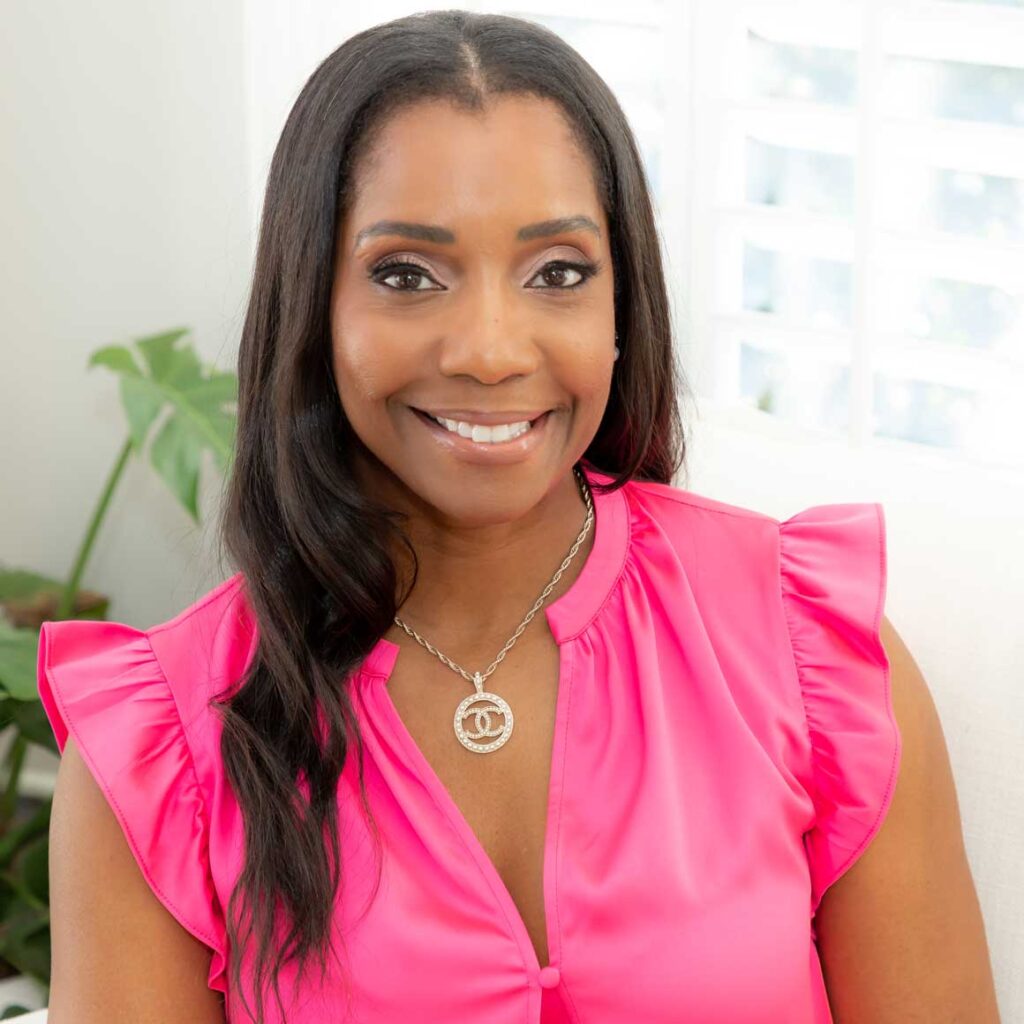Sometimes, life throws you a curveball or two — and usually at a time when you’re already trying to balance so much and give each of your priorities equal attention: family, friends, work. Virtual schooling. Taking care of a parent or family member. Navigating a challenging project at work. How do you care for yourself in the midst of caring for others?
If your answer to my question just now is, “I don’t take care of myself,” I see you, and I get it. Self-care is something we hear a lot about — especially during this particularly tumultuous time of the COVID-19 pandemic — that it’s hard to know what it really is and whether it makes a difference.
Before I started intentionally practicing self-care, I was skeptical. Days can be stressful, and time is precious. How was music, or physical activity, or simply eating breakfast in the morning — going to help me accomplish all the things I needed to do in a day? Now, I can’t imagine my life without taking time to take care of my physical and mental health.
That’s what self-care is, in a nutshell: doing something that helps your body, mind, or soul feel good. Self-care can improve our immunity, increase positive thinking and make us less susceptible to stress, depression, anxiety, and other emotional health issues.
As someone who’s had my fair share of curveballs, my journey to self-care has included plenty of trial and error to find what works for me. Over the years, I’ve formulated an approach of sorts — I call it C.A.R.E.(Challenge, Accept, Release, and Explore) — that helped me think about self-care in a different way. I thought it might be something worthwhile to share here on LinkedIn, as we’re all working through balancing our careers and our personal lives:
Challenge the norms of “self-care”
Self-care is different for everyone. What works for me may not work for you, and vice versa — and only you can define the kind of care you need. For instance, part of my self-care is music. When I’m stressed, my advice to myself is to stop, pause, and press play. Music increases my dopamine levels, and it’s also tied to our emotional memories, so I love playing music from certain times or milestones in my life. I listen to a little of everything, so depending on how I’m feeling, you’ll find me listening to Mary J. Blige, Tasha Cobbs Leonard, Drake, Ne-Yo, Nicki Minaj — I like it all!
I’m also always burning a great-smelling candle. Scents can affect our mood in a positive way — and because of that, candles have always been on my list of must-haves. When COVID-19 started to make its presence known, candles were just as important as toilet paper on my “essentials” list!
Accept that self-care is selfish — and that’s okay
Here’s the bottom line: Caring for yourself enables you to care for others. You can’t pour from an empty cup, or serve from an empty platter. At the same time, it’s so hard to care for ourselves — and there have been plenty of times on my own self-care journey when I’d talk myself out of taking care of myself first to make sure I was able to take care of others. At the time, that seemed like the right decision — but it actually has the opposite effect from what you think it will have.
Accepting that you can — and should — take time for yourself may take some time. And that’s okay. Give yourself some grace!
Release what you’ve been taught about self-care
We’ve been told the same stories about self-care over and over. Self-care doesn’t work because its effects are only temporary, it’s just for women, it takes too much time, you need to do x, y, and z for it to be considered self-care. Those are stories — not reality.
One of the ways we can release those stories is to forgive ourselves. Forgive yourself for all the times you weren’t selfish, for all the times you didn’t take a moment for what you needed. Part of that forgiveness, though, is making a concerted effort to be present and mindful of what you need moving forward.
Explore what works for you
When someone asks me, “What’s the first step in determining my own self-care?” I always say, “Research.” Ask friends and family what they do to unwind and take care of themselves, and experiment with those practices. And, if those don’t work for you, don’t get discouraged — keep trying new things.
As you’re experimenting, try your best to do two things: 1) Turn off that chatterbox in your head that constantly reminds you of all of the things you should be doing in those moments. Our thoughts guide our actions, and if all you’re thinking about is your to-do list, that doesn’t give you any time to just be. 2) Pay attention to how you feel during and after your experiments. When you take a walk on your lunch break, did you come back feeling refreshed? Were you able to focus for the last half of your day? When you ate breakfast every day last week, did you feel clear-headed and ready to tackle that big project?
In sharing the C.A.R.E approach, I want to ask a favor. Regardless of what you do at work, or what your title is, or if you manage people — when you find something that works for you, normalize it. We talk a lot in our society about needing self-care — but we don’t always show that we’re doing it.
And, if you’re a leader, have a conversation with your team about why self-care is important, and be sure to model that behavior. I’ve been grateful to work at companies where self-care has been a priority. When employees have a workplace where self-care is encouraged, it makes a huge differences—for you as a leader and your team.
What do you do to practice self-care? Let me know how you fill your cup!





